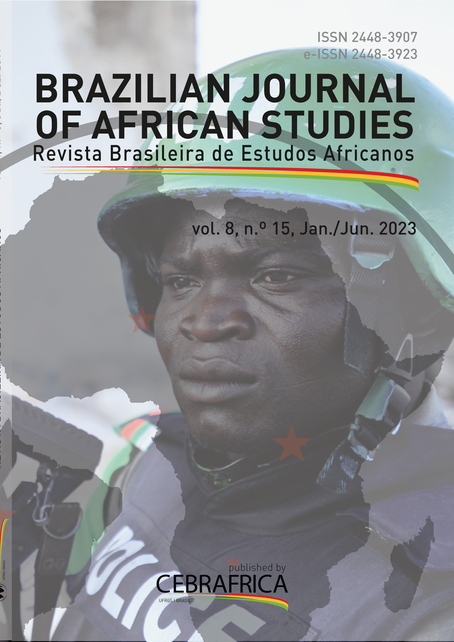CONTEMPORARY TERRORISM: A THEORETICAL PERSPECTIVE
DOI:
https://doi.org/10.22456/2448-3923.133150Abstract
Terrorism has maintained an expansion trend, with only small periods of contraction, which is why it continues to be one of the main global problems in terms of security. Most of the analyzes on these issues by Western academia are permeated by an approach that associates terrorism with "jihadism", with "Islamism" or worse, does not distinguish between armed movements with social or territorial claims and terrorist groups. Similarly, the focus of the fight against terrorism continues to prioritize the military approach, which has not yielded real results. For this reason, it is necessary, once again, to return to the conceptual theoretical debates on terrorism, but from an alternative perspective to the Western academic tendencies that study it, in general, in a biased way. In this sense, the debate focuses on separating terrorism from Islam and from other forms of armed political struggle. In regions such as the Sahel, where there is a multiplicity of non-state armed actors involved, there is a tendency to characterize all forms of political violence as terrorism, which constitutes a conceptual and methodological mistake. From this derives the importance of continuing the conceptual studies that allow adjusting the strategies to be followed and the correct identification of which actors should be considered as terrorists.
Downloads
Downloads
Published
How to Cite
Issue
Section
License
The author will hold copyright over the published articles and retain publishing rights.

Brazilian Journal of African Studies is licensed under a Creative Commons Atribuição 4.0 Internacional.


